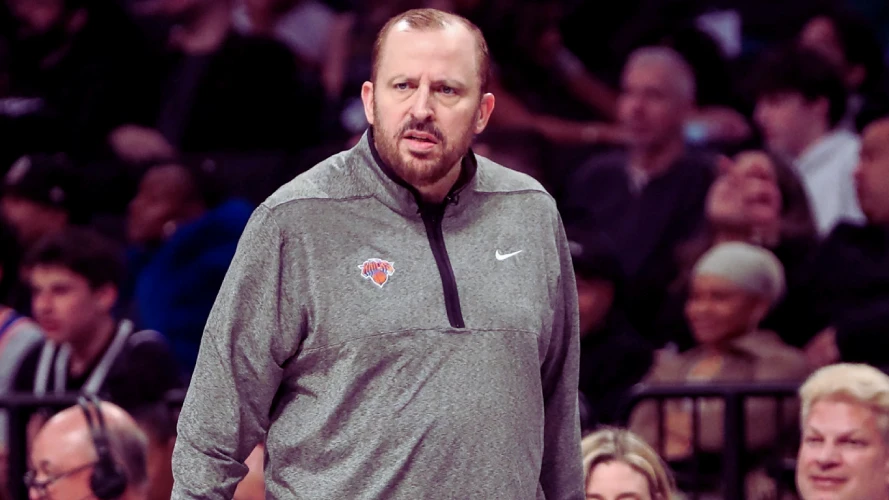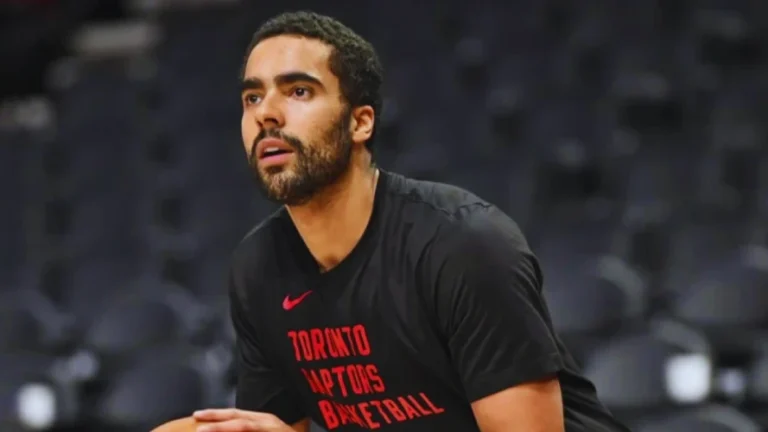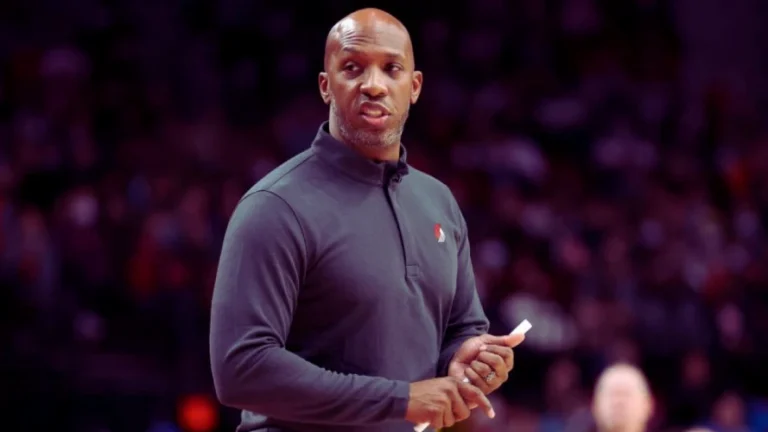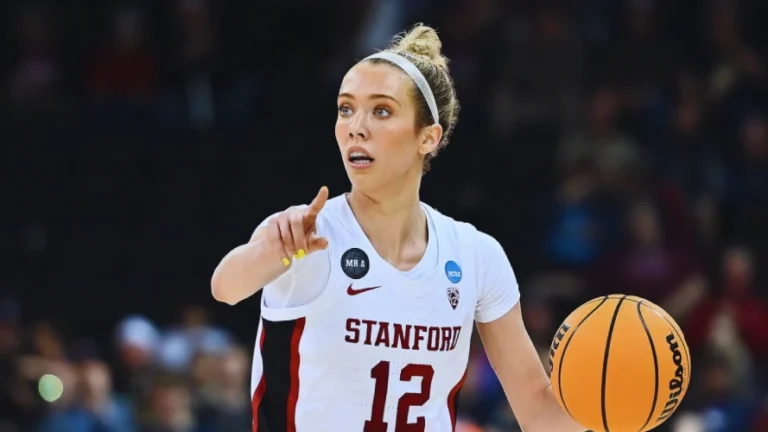Tom Thibodeau’s time with the New York Knicks ended not with celebration, but with a sting that cut deeper than he expected. The 67-year-old coach, who had just guided the franchise to its first Eastern Conference Finals appearance in twenty-five years, was dismissed in June 2025, days after what should have been the most triumphant season of his tenure. In his own words, Thibodeau admitted the firing left him feeling betrayed. “When you find out that people you helped either weren’t with you in the end or didn’t fight for you like you fought for them, that stings,” he said.
The decision came as a shock around the league. Thibodeau had recently signed a contract extension and was coming off back-to-back fifty-win seasons, achievements that once felt impossible for a team long searching for stability. Yet, within the walls of Madison Square Garden, the tone shifted quickly. Knicks president Leon Rose described the move as one born out of ambition rather than conflict. “We’re focused on taking the next step,” he said, implying that while Thibodeau brought respectability back to New York basketball, the organization wanted a coach who could deliver a championship, not just contention.
Reports from inside the franchise painted a complex picture. According to ESPN sources, some executives believed Thibodeau had reached his ceiling with the team. They felt that his defensive-minded approach, while effective, limited the offensive growth of key players. Others within the front office suggested that a “new voice” was needed to reinvigorate the locker room.
Yet the reaction from players told another story. All-Star guard Jalen Brunson and forward Josh Hart publicly expressed disappointment at the firing, praising Thibodeau’s leadership and toughness. Brunson, who flourished under Thibodeau’s system, called the decision “disheartening,” saying, “Coach believed in us when no one else did.” The emotional response from the locker room underscored how deeply Thibodeau’s style demanding, disciplined, and fiercely loyal had connected with his players.
Thibodeau’s overall record with the Knicks was one of success and stability. In five seasons, he went 226–174, securing four playoff appearances and transforming the team into a consistent force in the Eastern Conference. His results were undeniable: 41–31 in 2020–21 with a first-round appearance, 47–35 in 2022–23, and a 51–31 finish in 2024–25 that led to their long-awaited return to the conference finals. His emphasis on preparation, effort, and accountability redefined the Knicks’ culture. For the first time in years, the team was relevant again.
But basketball is often as cruel as it is competitive. Success alone rarely guarantees security. Within weeks of Thibodeau’s exit, the Knicks moved to hire Mike Brown, a two-time Coach of the Year who had recently been dismissed by the Sacramento Kings. The move signaled the front office’s hunger for fresh energy and a different philosophy.
Meanwhile, Thibodeau, a student of the game to the core, was not content to sit idle. Shortly after his firing, he was spotted visiting the Boston Celtics, exchanging notes and insights with members of their coaching staff. It was a quiet but telling gesture, interpreted by some as both professional courtesy and a statement of lingering frustration.
For Thibodeau, the end in New York was more than a job loss it was a fracture in trust. Those close to him said he believed certain figures in the organization, including staff he had mentored, did not stand up for him when the decision was made. The sense of loyalty he had extended was not returned in kind. Still, in true Thibodeau fashion, he refrained from assigning blame directly, choosing instead to reflect on the nature of the business.
His departure leaves behind a complicated legacy. He was the man who brought the Knicks back to relevance, restored defensive identity, and reignited the team’s relationship with its fans. But he was also a reminder of the harsh reality that in professional sports, even loyalty and success have expiration dates.
Tom Thibodeau’s story with the Knicks ended abruptly, yet it remains one of achievement and passion. His words still echo with a quiet truth: sometimes, the greatest pain in sports comes not from defeat on the court, but from realizing that the bonds built along the way can fade just as fast as victories are won.




